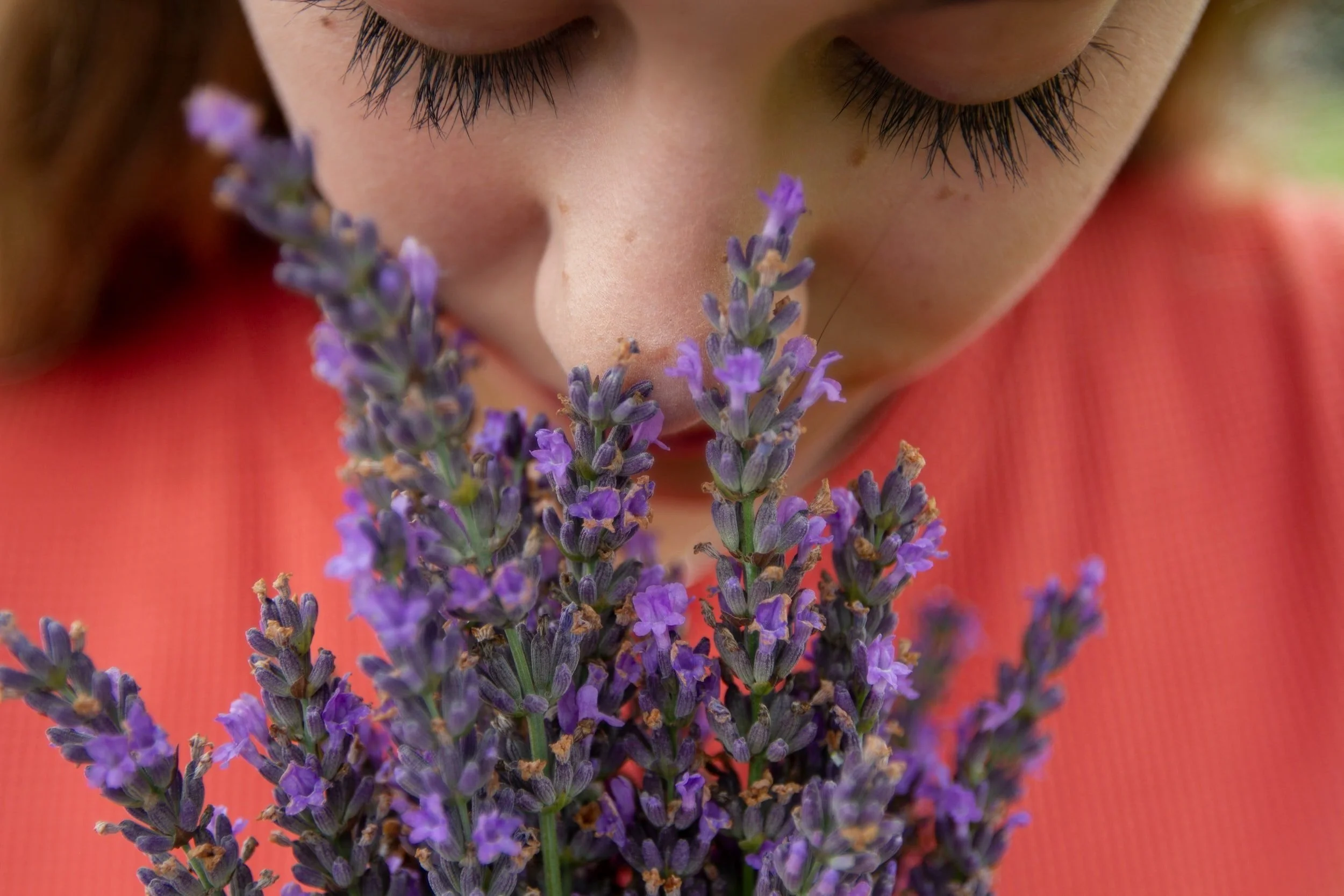Why is it called ‘sleep hygiene’?
I was curious to find out why sleep hygiene is called this, because my first thought when hearing the word ‘hygiene’ is ‘personal care’: taking a shower, keeping clean, washing etc. However, apparently the word has broader uses.
For example, as a general term, hygiene can be defined as ‘practices that maintain health and prevent disease’. Whilst personal hygiene aims to maintain cleanliness, hygiene can also be used to describe ‘clean’ practices that can be used to maintain health in different aspects of life: eg sleep.
So we know that sleep hygiene refers to healthy practices that can help regular and restful sleep; in other words, ‘healthy sleep behaviours’.
You probably already know that good sleep hygiene means having a bedroom environment and routines that are conducive to shut eye. We have learnt the importance of having a daily structure and routine, making your bedroom clean and clutter free, following a ‘wind down’ routine at the end of the day and indeed, sometimes following a ‘wind up’ routine at the beginning of the day. Avoiding stimulants such as caffeine and alcohol will also help.
So whilst investigating sleep hygiene I came across an article by The Sleep Foundation on how smell can affect sleep. And it’s true; whilst it might not be as immediately apparent, smell can directly affect sleep. Even though smells don’t usually cause a person to wake up, the sense of smell and sleep seem to have a multifaceted relationship.
Research continues, but it is clear that smell is a powerful sense, and so certain fragrances may contribute to better sleep. We all know the value and pleasure of jumping into fresh bed sheets and part of that is down to the smell of them.
The jury is out on the specific smell required to promote sleep. And it has been hard to find concrete research to back this up. Like most things, it will be personal taste to a certain extent. But certainly, finding smells that promote relaxation and that are associated with a positive mood and calmness can be helpful.
Aromatherapy appears to cause few side effects or symptoms and in preliminary studies some of the fragrances that seem to help with sleep can include:
Lavender: The smell of lavender has calming effects on heart rate and blood pressure as well as mood
Rose: Rose essential oils have shown potential as aromatherapy for sleep. While not conclusive, a study in depressed patients showed some indicators of enhanced mood and sleep
Chamomile: In one study, roman chamomile essential oil applied to pillows improved total sleep time
Jasmine: Jasmine essential oil that was dispersed in a bedroom during sleep was found to improve sleep efficiency
Ylang-Ylang: Ylang-ylang essential oil, derived from the Kananga tree, has been associated with calmness and slowed reaction times
We can also use olfactory stimulants to help us in the morning to help energise us and prepare for the day ahead.
Coffee is often used and whilst some may not like the taste, or indeed wish to ingest caffeine so readily, there can be benefit from inhaling the smell of a cup of coffee. A research study found that breathing in the smell of coffee improved alertness, attention, and memory without the physical effects of caffeine.
Rosemary essential oil has been found to be a stimulant; helping to activate the brain, promote alertness and overall cognitive abilities.
Some limited research has found that peppermint oil, whilst it has a distinct smell, can boost memory recall and help you feel more alert. Sage oil has also been associated with enhanced mental performance.
Getting good sleep is your best bet for waking up refreshed and ready to go, and whilst aromatherapy won’t make up for insufficient sleep, some smells may increase your attention and energy in the morning or through the day. Might be worth a try?
So, who’d have thought, smell is another sense that can impact readily on our general wellbeing and help us get good sleep hygiene.
Written by Specialist OT Charlie Adler


